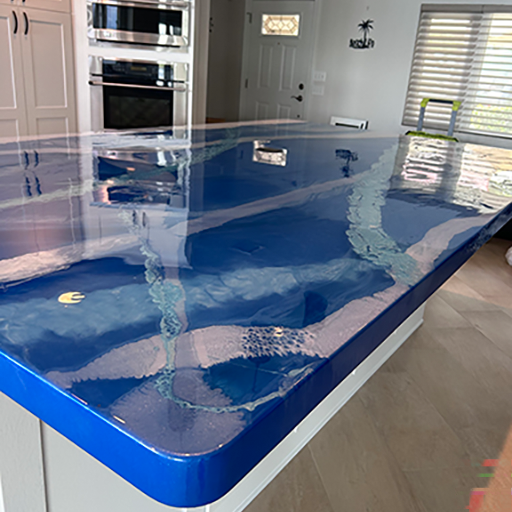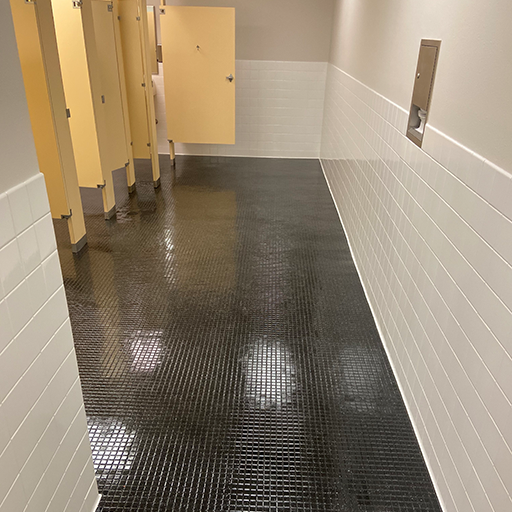Tub & Tile Reglazing
An easy & less expensive way to renew any bathroom.
Epoxy Countertop
Totally different look in 24 hours and with a 5 year warranty.
Cabinet Refinishing
Cost-effective way to refresh and transform cabinets without the hassle and expense of a full replacement.
Interior & Exterior Painting
Painting services for both residential and commercial properties.
Epoxy Flooring
Durable flooring option for many services like concrete or tile floors.
Tile Installation
From bathroom remodeling to flooring kitchens and kitchen backsplash installation, you will find the same quality and reliability that characterizes us.






